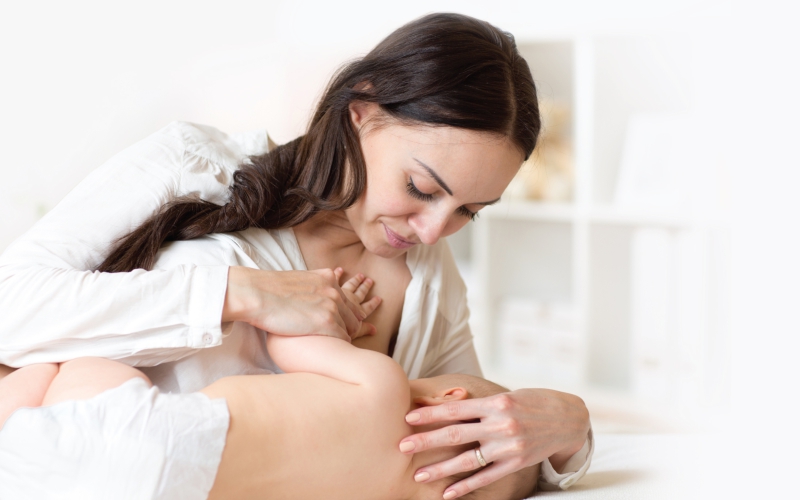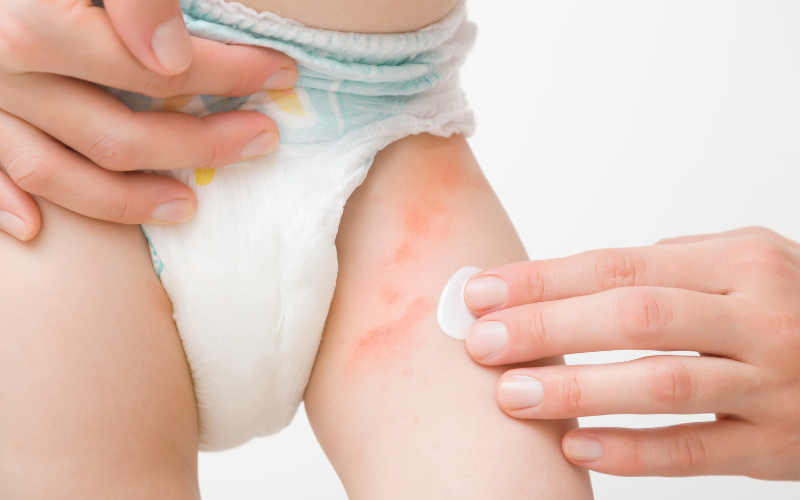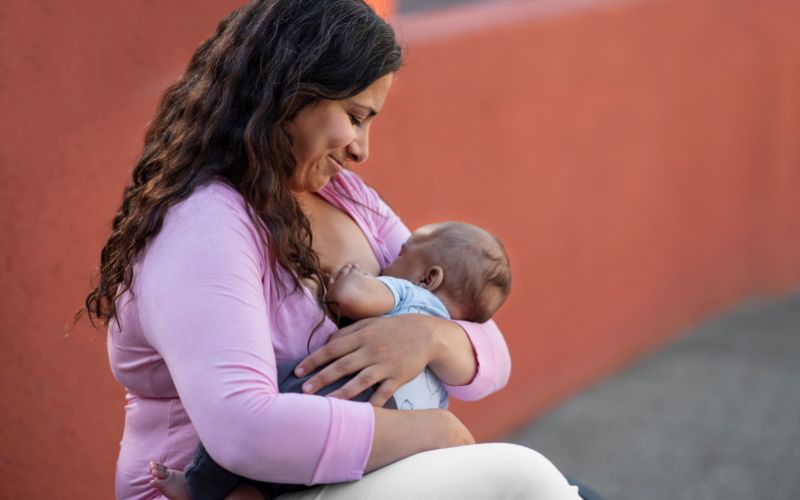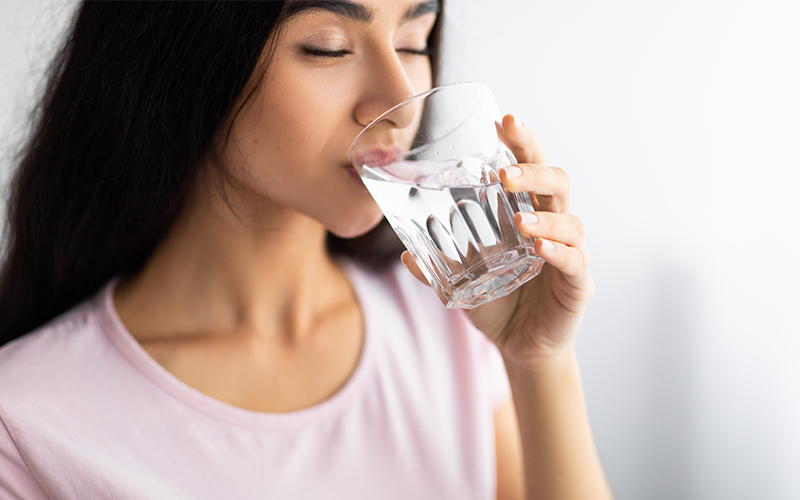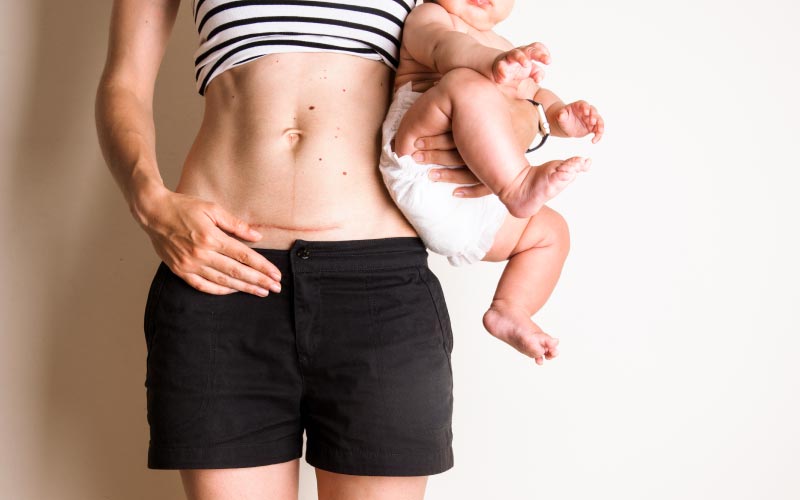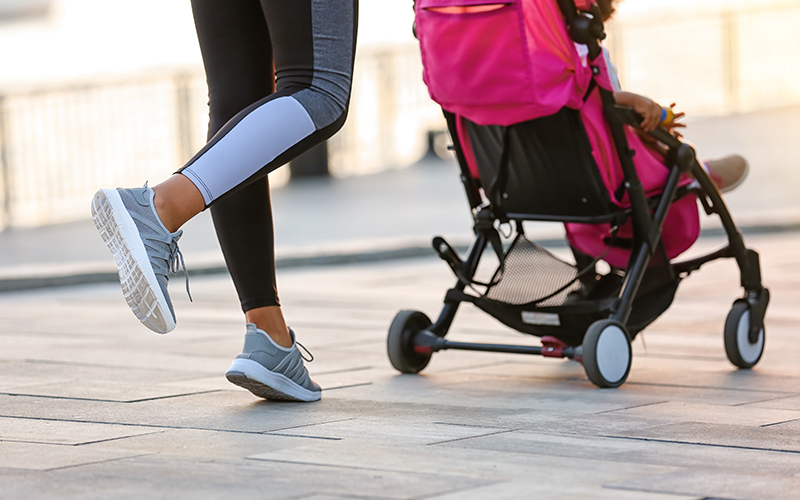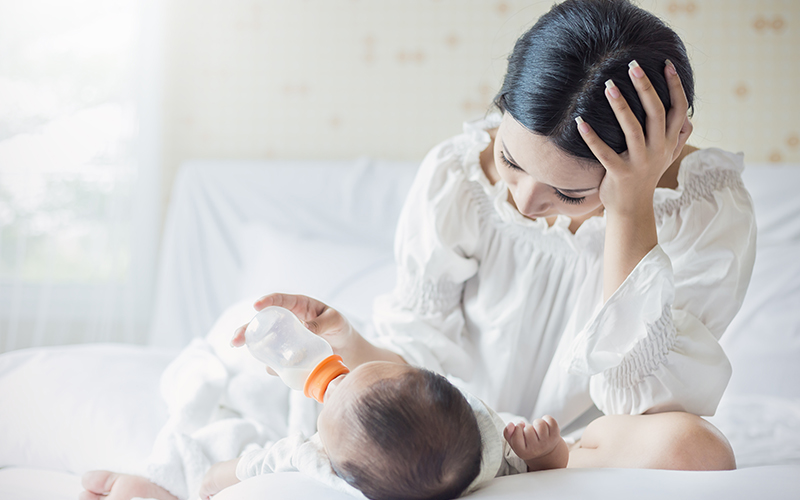Imagine, you’ve made it through pregnancy and the challenges presented in the form of childbirth, and have officially a mother! This is often the daily you’ve dreamt of, and also marks a stage stuffed with uncertainty and discomfort for several women.
Self-Care: Prioritizing Your Well-being During the Postpartum Period
The transition from pregnancy to postpartum brings a spread of the latest symptoms and hurdles, but you don’t must eff alone. From healing tips and remedies to item checklists and recovery timelines, here’s everything you wish to understand about postpartum recovery.
How Long Does Recovery Take After Giving Birth?
Consider the primary six weeks postpartum a recovery period irrespective of your specific birth story. Whether labour and delivery were a breeze or a gruelling process, your body needs time to heal. Each woman can experience different symptoms and can recover at her own pace.
If you had a giving birth, your perineum (the area between the anus and also the vagina) is going to be sore and should take three to 6 weeks to heal. If you had an episiotomy or perineal tear, expect a total of six weeks and don’t be surprised if complete healing takes longer.
And don’t worry, while your vagina might not be identical again after parturition, it’ll likely be very close.
If you delivered by C-section, you’ll likely spend the primary few days recovering within the hospital followed by four to 6 weeks of healing reception. Don’t be surprised if you continue to experience some perineal pain along the way.
Postpartum Vaginal Bleeding—What’s Normal And What’s Not?
Don’t worry—postpartum bleeding made of leftover blood and tissue is common up to 6 weeks after delivery. Expect a flow like a significant period for up to the primary 10 days. After that, it’ll taper far from red to pink, brown, and eventually a yellowish colour.
During recovery, don’t use tampons. If you bear over one pad in an hour or you’re passing large clots, call your doctor instantly to make certain you’re not experiencing a postpartum haemorrhage.


 Toll Free Number
Toll Free Number









